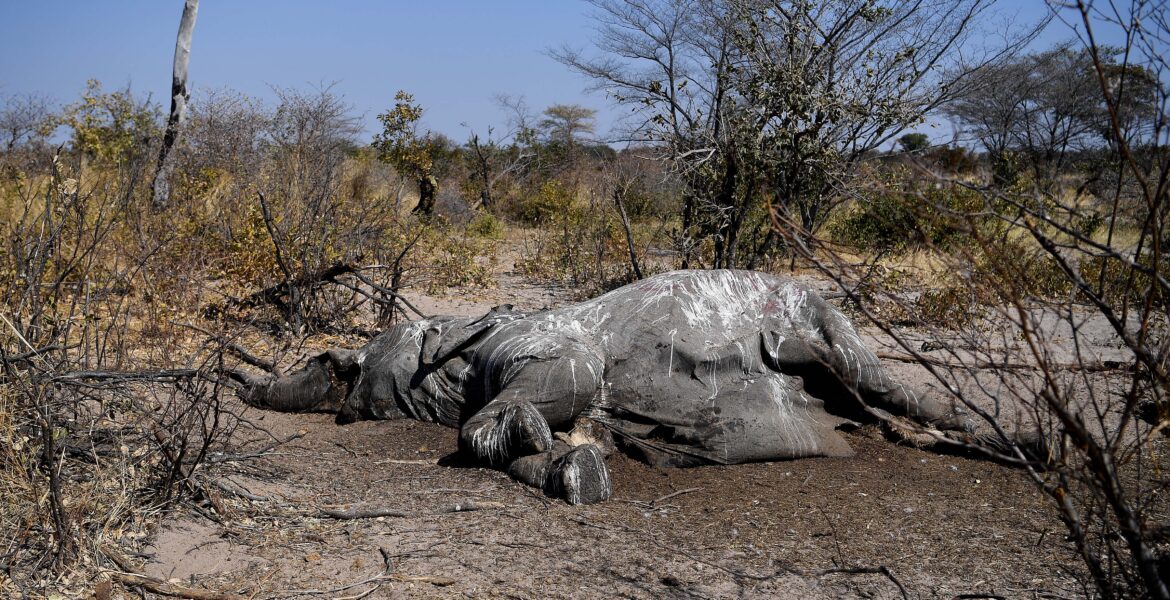- Local communities still stuck in poverty after promises of economic prosperity
- Report says financial benefits and employment opportunities are practically non-existent
- Community members received on average less than P 2.00 per individual per year
GAZETTE REPORTER
Trophy hunting, which made a controversial comeback in Botswana in 2019 after the lifting of a moratorium on hunting, has failed to provide meaningful financial benefits to local communities.
According to a report by an international environmental journalist and academic, Adam Cruise, contrary to promises of economic prosperity, community members have received meager financial returns, contributing to persistently high levels of unemployment and poverty in Community-Based Natural Resource Management (CBNRM) areas.
The report says income generated for Botswana’s CBNRMs remained relatively consistent during reviews conducted between 2009 and 2015.
P 2.00 (£0.12) per individual per year
However, community members received on average less than P 2.00 (£0.12) per individual per year during this period, exposing the inadequacy of trophy hunting as a source of income for these communities.
The situation is compounded by the fact that trophy hunting has become one of the dominant community activities and has expanded into areas that were previously untouched by hunting before 2014.
According to Cruise’s report, current literature and field analyses of CBNRM programmes in Botswana indicate that trophy hunting has failed to deliver on its promises.
Non-existent
“It has not led to an increase in wildlife populations, and the financial benefits and employment opportunities for community members in areas where trophy hunting dominates are practically non-existent,” it says.
Corruption, mismanagement, and exploitation are cited as major issues within these programmes while unemployment and poverty levels within CBNRM areas are alarmingly high.
The report states that in 2015, when the last census of its kind was conducted, an estimated 148,999 people in CBNRM areas were living below the poverty line, with an average poverty rate of 27 percent.
Cycle of impoverishment
This figure, says the report, surpassed the national average for all rural villages in Botswana (24.3%) and the national average of 19.3%.
It notes that trophy hunting activities in Botswana are pushing communities which were expected to rely on the proceeds of hunting further into a cycle of impoverishment and economic disenfranchisement.
Significantly, the report says the dominance of trophy hunting is hindering the development of more sustainable and meaningful activities like photographic tourism.

